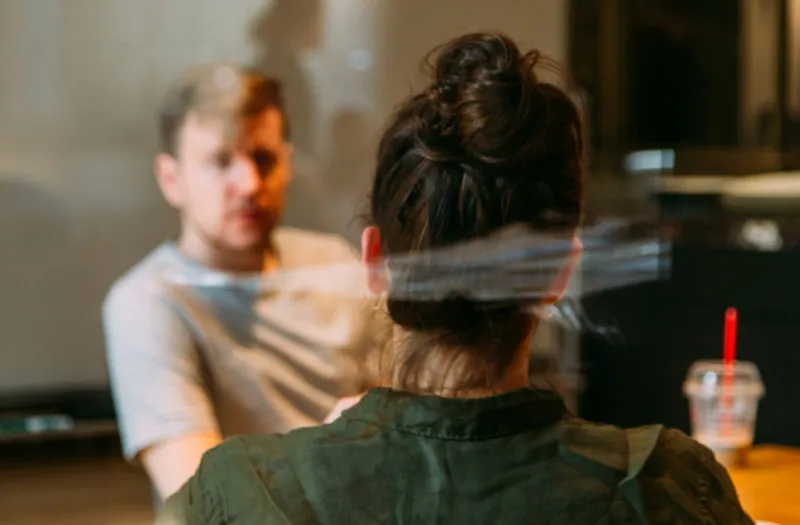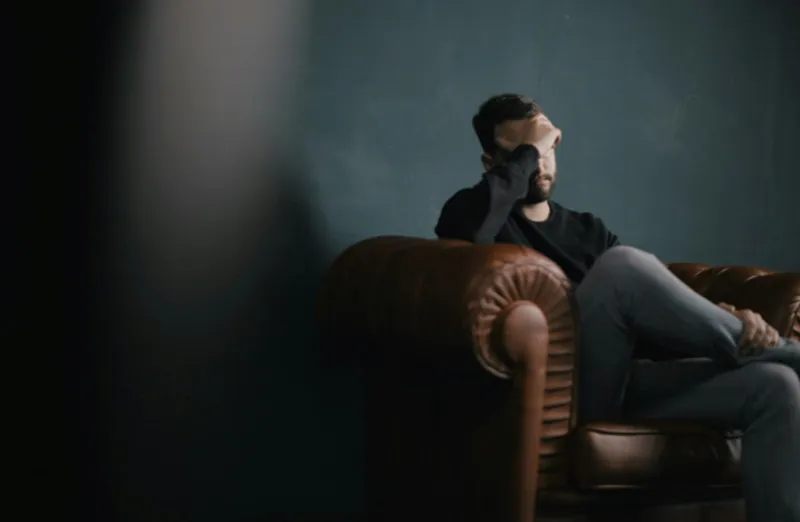
Imagine you’re sitting in a coffee shop, chatting casually with a friend. Suddenly, you feel a strange sense of familiarity. The decor, the waiter’s expression, even the conversation seem oddly familiar. This eerie feeling, known as déjà vu, has puzzled humans for centuries. So, what exactly causes this sensation of having “already seen” something?

What Is Déjà Vu?
Déjà vu, French for “already seen,” is the feeling that you’ve experienced a current situation before, even though you know you haven’t. It’s a common phenomenon, with studies showing that 60-80% of people have experienced it at least once in their lives. It occurs more frequently in young people, particularly those aged 15-25, and tends to decrease with age.
Why Does Déjà Vu Happen?
Despite extensive research, there’s no single, definitive explanation for déjà vu. However, there are several plausible scientific theories:
1. A Glitch in Perception
One theory suggests that déjà vu occurs when there’s a brief disruption in the way our brains process and store sensory information. This disruption can cause our brains to process the same information twice, creating a sense of familiarity. For instance, if you’re momentarily distracted while entering a coffee shop, your brain might first process the environment quickly and superficially. When you refocus, your brain processes the scene again more thoroughly, making it feel like you’ve been there before.
2. A Memory Mix-Up
Another hypothesis involves memory recall. According to research by the Leeds Memory Group, déjà vu might occur when current experiences resemble past experiences stored in our memory, even if we’re not consciously aware of those past experiences. For example, you might have seen a similar coffee shop in a movie or advertisement, and when you encounter a real-life scene that closely matches, your brain retrieves those stored memories, leading to a sense of familiarity.
3. Neural Misfiring
Déjà vu is also linked to the temporal lobe of the brain, which is responsible for processing memories. Some researchers suggest that déjà vu could be a mild form of a neurological misfire, similar to what occurs during an epileptic seizure. In this scenario, a small, brief misfiring of neurons in the temporal lobe could create a false sense of familiarity.

Should You Be Concerned About Déjà Vu?
For most people, déjà vu is harmless and short-lived. However, it can be more common in certain populations, including:
- Young adults (15-25 years old)
- Individuals under significant stress or fatigue
- Highly educated individuals
- Frequent travelers
If you experience déjà vu frequently or find it distressing, it could be a sign of underlying neurological conditions like temporal lobe epilepsy. In such cases, it’s advisable to seek medical advice.
Managing Déjà Vu
While there’s no guaranteed way to prevent déjà vu, maintaining a balanced lifestyle can help. Ensure you’re getting enough rest, managing stress effectively, and keeping your brain engaged with diverse activities. If you experience déjà vu frequently and it’s affecting your quality of life, consulting with a healthcare professional is important to rule out any serious conditions.
Conclusion
Déjà vu remains one of the brain’s most fascinating mysteries. While we may not fully understand why it happens, it’s reassuring to know that it’s a common experience shared by many. So, next time you feel that strange sense of familiarity, remember that you’re in good company.

